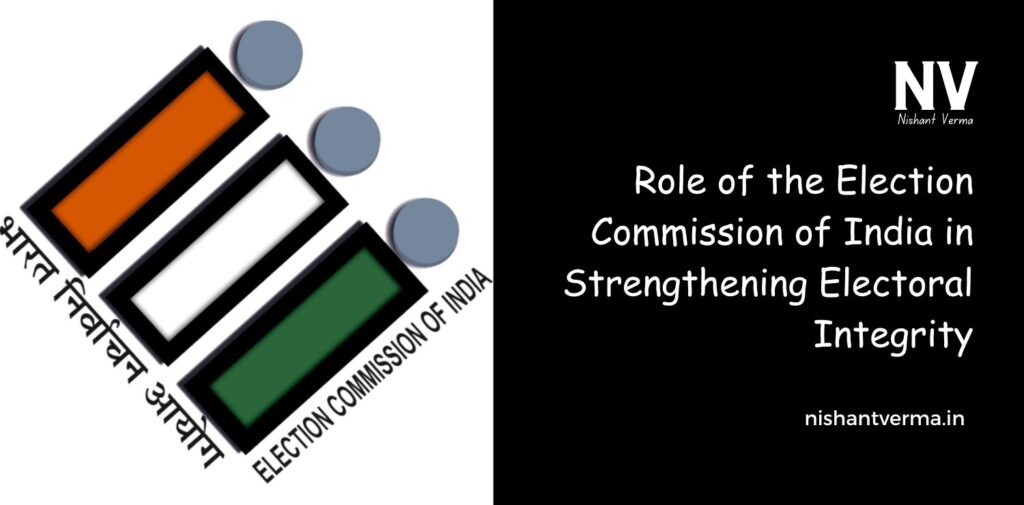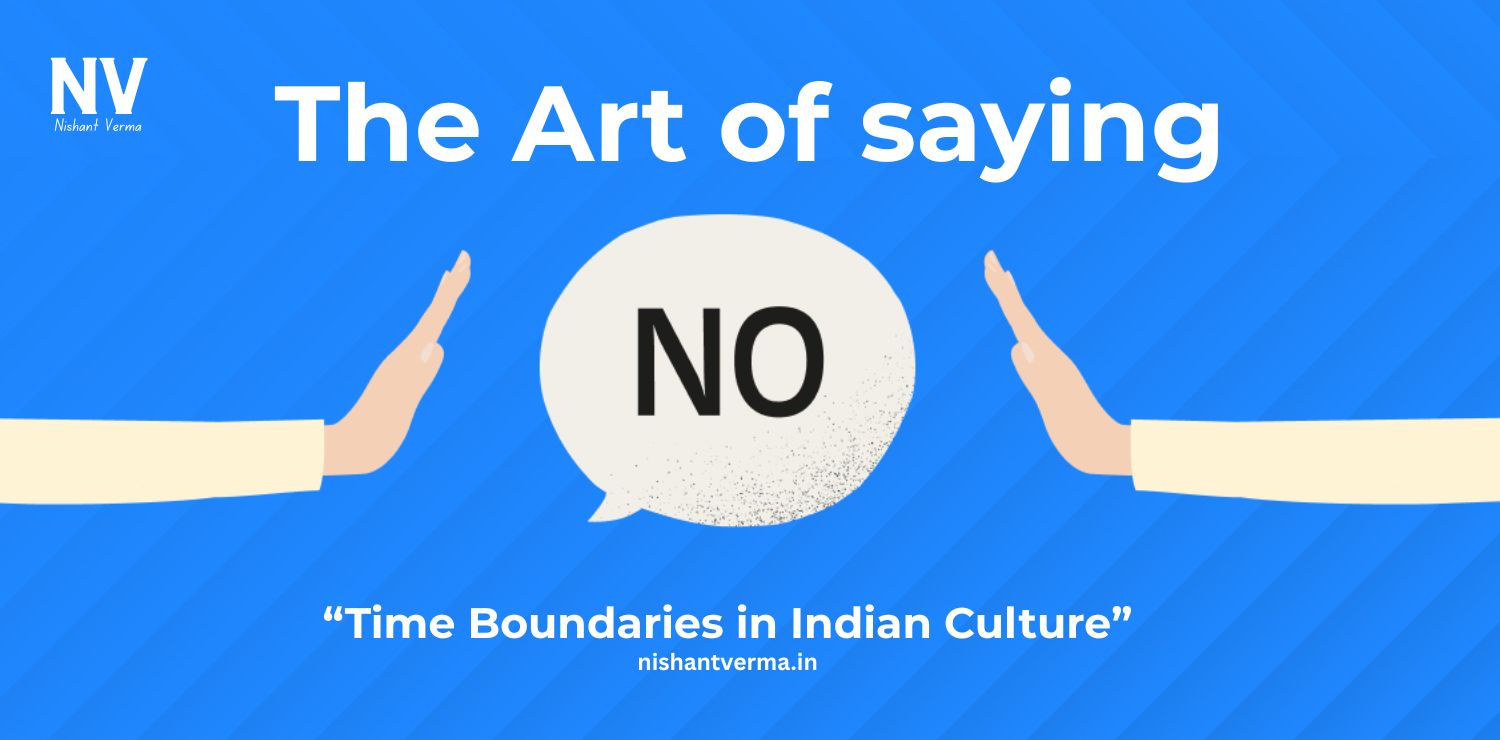India is the world’s largest democracy, and elections are the heart of its democracy. Every few years, people in India vote to choose their leaders, from local representatives to the Prime Minister. But how do we ensure that these elections are free, fair, and transparent? The answer lies in the Election Commission of India. This organization plays a huge role in maintaining the integrity of the election process.
In this article, we will explore the role of the Election Commission of India in strengthening electoral integrity. We will also look at how it works to ensure that elections are conducted in a fair and transparent manner, and why its work is so important for India’s democracy.
What is the Election Commission of India?
The Election Commission of India is an independent body responsible for overseeing and managing elections in India. It was established in 1950 to ensure that elections are held in a way that reflects the will of the people, without any bias or influence from the government or political parties. The Election Commission’s main job is to ensure that elections are free, fair, and transparent.
The Election Commission is responsible for organizing all kinds of elections in India, including:
- General elections for the Lok Sabha (the lower house of Parliament).
- State elections for the Vidhan Sabha (the state legislative assemblies).
- Presidential elections.
- By-elections when a seat in Parliament or a state assembly becomes vacant.
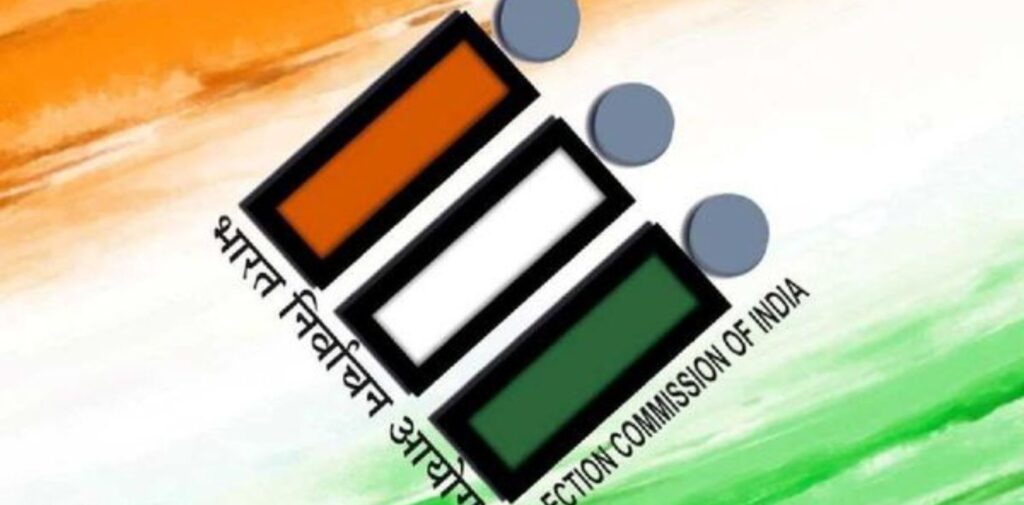
The Role of the Election Commission in Ensuring Free and Fair Elections
For a democracy to function properly, elections need to be fair and transparent. The Election Commission of India works hard to ensure that no one cheats or influences the process. Let’s take a look at some of the ways the Election Commission does this.
Monitoring the Election Process
One of the most important roles of the Election Commission is to monitor every stage of the election process. This includes overseeing the preparation of voter lists, setting up polling booths, and making sure that voting machines are ready.
The Election Commission also ensures that voting takes place without any interference or violence. For example, during elections, the Election Commission sends teams to monitor the voting booths and ensures that no one is using force or unfair tactics to influence voters.
Ensuring Equal Opportunities for All Parties
The Election Commission works to ensure that all political parties and candidates have an equal opportunity to campaign. It makes sure that no party gets an unfair advantage, such as using government resources to promote their campaign. It also keeps an eye on campaign spending to make sure that candidates do not spend too much money, which could lead to unfair influence.
During elections, the Election Commission issues guidelines for political parties on how to conduct their campaigns fairly. It also makes sure that there is a level playing field for all candidates, whether they are from big national parties or smaller regional ones.
Providing Voter Education and Awareness
For elections to be fair, it is important that every eligible voter understands their rights and the importance of voting. The Election Commission plays a big role in educating voters, especially in rural areas, about how the voting process works and why it’s important to vote.
The Election Commission organizes campaigns, publishes pamphlets, and uses media like television, radio, and social media to reach out to the public. These efforts help ensure that people know when and where to vote, what documents are needed, and how to cast their vote properly.
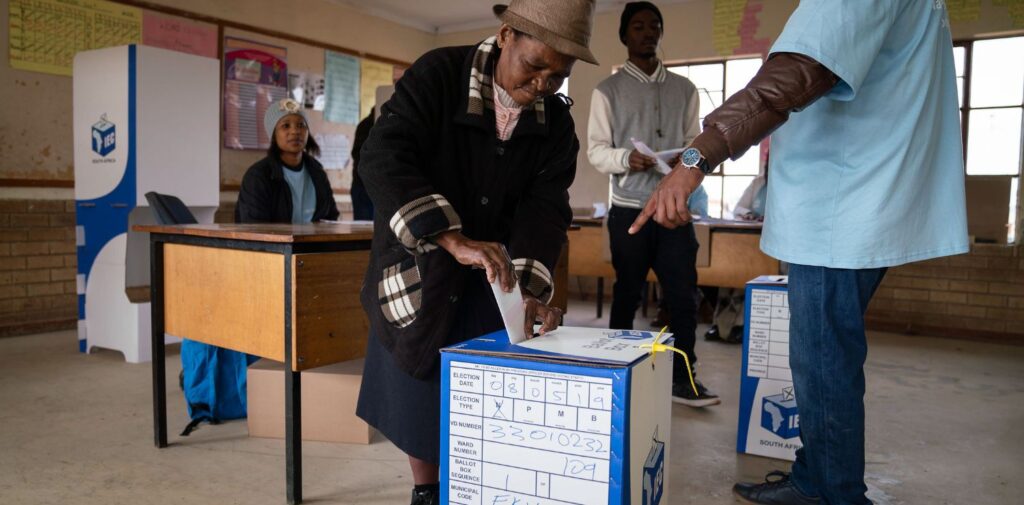
Strengthening Electoral Integrity Through Technology
In today’s world, technology is an important tool for making elections more efficient and secure. The Election Commission has used technology to strengthen the election process in India in several ways.
- Electronic Voting Machines (EVMs): One of the biggest changes in Indian elections came with the introduction of Electronic Voting Machines (EVMs). Before EVMs, voting was done using paper ballots, which were more prone to errors and fraud. EVMs made the voting process faster and more accurate. The Election Commission ensures that these machines are tested and secured before every election. EVMs have reduced the chances of vote tampering and made the process of counting votes much easier and quicker.
- Voter Verification and Photo ID Cards: Another important reform was the introduction of voter ID cards. The Election Commission ensures that every voter has a valid photo ID card to prevent fraud. This step has made it harder for people to vote more than once or use fake identities. The Election Commission also uses biometric data and other technologies to improve the accuracy of voter lists and reduce the chances of mistakes in voter registration.
- Webcasting and Monitoring: In some of the most sensitive areas, the Election Commission uses webcasting and other monitoring tools to ensure that voting is happening fairly. By live-streaming the voting process, it helps keep an eye on any potential issues and ensures that no illegal activity takes place at polling booths.
Challenges Faced by the Election Commission
Although the Election Commission works hard to ensure free and fair elections, it faces many challenges, especially in a country as large and diverse as India.
- Handling Large Voter Turnout: India is the largest democracy in the world, with more than a billion people. This means that managing elections, especially in large states, is a huge task. The Election Commission has to handle millions of voters, which can lead to logistical challenges, such as ensuring that every voter can easily access a polling station.
- Dealing with Election Violence: In some parts of India, elections have been marred by violence, intimidation, and the use of force to influence voters. The Election Commission works to ensure that polling stations are secure and that there is enough police presence to stop any kind of violence during elections. However, election violence is still a challenge in some regions.
- Fake News and Misinformation: With the rise of social media, misinformation and fake news have become a major issue in elections. During election campaigns, false information can spread quickly, confusing voters and sometimes influencing their decisions. The Election Commission has started taking action against those who spread fake news and has worked with social media platforms to prevent the spread of false information.
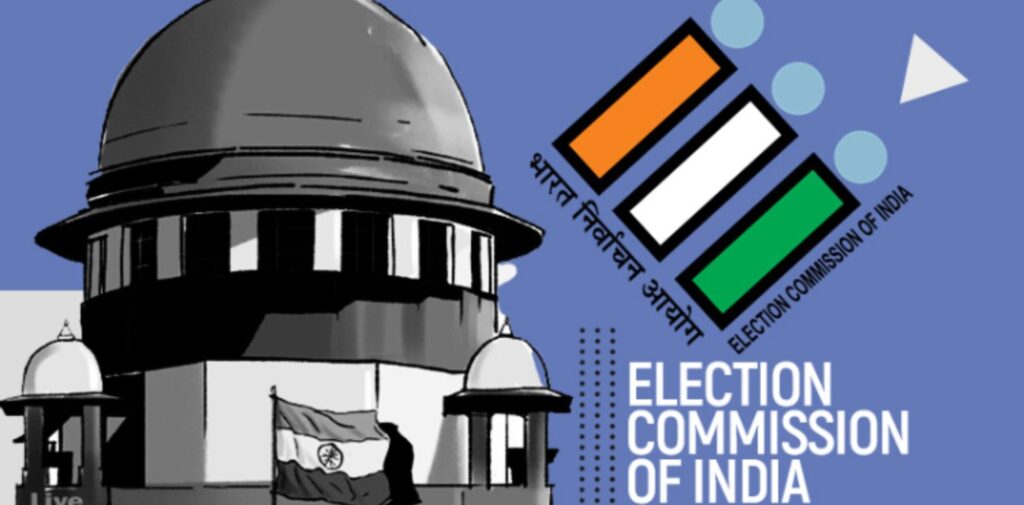
Reforms Introduced by the Election Commission
The Election Commission of India has introduced many reforms to make elections more transparent and accountable. Some of the major reforms include:
- Code of Conduct for Political Parties: The Election Commission has introduced a “Model Code of Conduct” that political parties must follow during elections. This code sets out rules for how parties should behave during campaigns, such as not using government resources for political gain, not making false promises, and not using hate speech.
- Voter Awareness Campaigns: The Election Commission has launched various voter awareness programs to encourage more people to vote. These programs aim to educate people, especially the young and first-time voters, about the importance of voting and how to participate in the democratic process.
- Bringing Transparency to Election Funding: In an effort to reduce corruption, the Election Commission has introduced transparency in election funding. Candidates and political parties are now required to disclose their sources of funding, which helps prevent illegal donations and ensures that money is not used to influence the election results.
Conclusion – Election Commission of India
The Election Commission of India plays a crucial role in ensuring that the country’s elections are free, fair, and transparent. By overseeing the entire election process, introducing technological reforms, and taking action against corruption and fraud, the Election Commission strengthens India’s electoral integrity.
While challenges like voter turnout, election violence, and fake news remain, the Election Commission continues to work hard to improve the system. The reforms it has introduced over the years have helped make India’s elections some of the most successful in the world, and they continue to ensure that the voice of every Indian voter is heard in the democratic process.
For India to remain a strong democracy, it is important that the Election Commission’s work continues, and that every citizen plays their part by voting and participating in the democratic process. The integrity of India’s elections is the foundation of its democracy, and the Election Commission is at the heart of it all.

